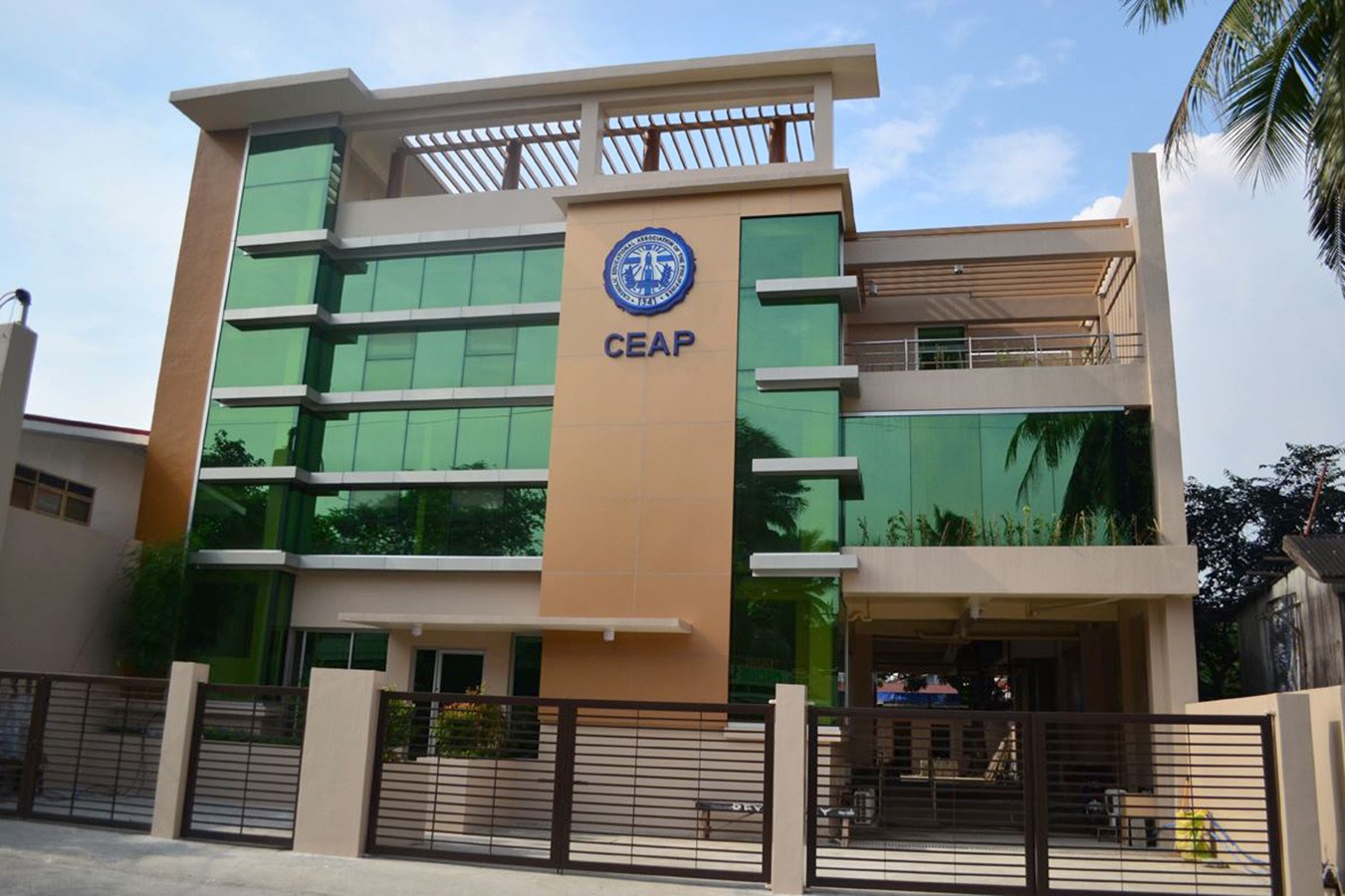Catholic educators expressed solidarity with Indigenous communities in Palawan facing eviction, condemning violence, and urging respect for ancestral rights, justice, and ecological protection.
On April 4, some 80 armed security guards were deployed to Sitio Marihangin in Bugsuk, Balabac in Palawan province, prompting fears among residents and escalating tensions in the island community.
According to the Catholic Educational Association of the Philippines (CEAP), the presence of armed personnel constitutes a form of militarization that “threatens the safety and dignity of the people.”
Local accounts suggest that the incident is part of broader efforts to evict residents from the area, which is targeted for an ecotourism project backed by San Miguel Corporation (SMC) and its subsidiary, Bricktree Properties.
Residents claimed the development threatens their ancestral lands and traditional fishing grounds and have reported cases of harassment, restricted access to basic resources, and forced displacement.
CEAP, which represents over 1,500 Catholic schools across the country, said it is “deeply concerned by credible reports and testimonies that reveal the unjust displacement and harassment, including restrictions on food and water access and violations of the rights of local communities—many of whom have sustainably cared for and lived off the land and sea for generations.”
It said that these actions by the project proponents “are contrary not only to the Philippine Constitution and laws such as the Indigenous Peoples Rights Act, the Comprehensive Agrarian Reform Program Extension with Reforms, and the Fisheries Code but also to international standards on business, human rights, and ecological justice.”
CEAP anchored its position on Catholic social teaching, invoking the Church’s “preferential option for the poor and marginalized” and “the dignity of work and the rights of workers and Indigenous peoples.”
It quoted Pope John Paul II: “The Church has made an option for the poor which is understood as a ‘special form of primacy in the exercise of Christian charity, to which the whole tradition of the Church bears witness’” (Sollicitudo Rei Socialis, 1987, no. 42).
It also cited Pope Francis’ encyclical Laudato Si’ to emphasize the sacred relationship between Indigenous peoples and their lands: “Land is not a commodity but rather a gift from God and from their ancestors who rest there, a sacred space with which they need to interact if they are to maintain their identity and values” (Laudato Si’, 2015, no. 146).
Calling for peaceful and inclusive development, CEAP urged the project proponents “to listen to the people’s voices, respect their ancestral and fishing rights, and engage in genuine dialogue instead of force.” It also called on government agencies—“especially the NCIP, DENR, and CHR”—to “act swiftly to protect the rights of the people of Bugsuk, uphold the rule of law, and prevent further harm.”
The group commended the residents and local organization Sambilog for their principle of “Alay-Dangal,” describing it as “a nonviolent resistance rooted in truth and love.”
CEAP also expressed support for the Jubilee Walk of Farmers (Lakad-Hubileo ng Pag-asa)—a 60-day national pilgrimage from Zamboanga Sibugay in Mindanao to the EDSA Shrine in the capital region, calling it “a powerful pilgrimage for land, justice, and peace.”
It said, “Their journey across the country echoes the Biblical call for jubilee—where lands are returned, debts forgiven, and justice restored.”
“To our fellow Catholic educators, students, and schools: let us be inspired by the witness of our sisters and brothers in Marihangin and those walking the Jubilee path,” CEAP President Fr. Karel S. San Juan, SJ, said. “Let us accompany them in prayer, education, awareness, and concrete acts of solidarity.”
Puerto Princesa Bishop Socrates Mesiona also weighed in, expressing concern over the heightened presence of armed security and the threat it poses to the community.
“All they seek is to live peacefully and earn a livelihood on their ancestral land,” he said. “It is important to acknowledge that the people of Mariahangin, primarily Molbogs and Cagayanens, have inhabited the area for a significant period. Many residents were born and raised there, and they consider it their true home.”
He urged government agencies to intervene and prevent potential violence from erupting in the community due to the militarized atmosphere.
The ancestral land dispute in Sitio Marihangin spans decades. The Molbog and Cagayanen peoples have long sought a Certificate of Ancestral Domain Title (CADT), with their application pending for over 20 years.
The roots of the land conflict stretch back to the Marcos dictatorship, when the area—over 10,000 hectares—was awarded to businessman Eduardo “Danding” Cojuangco Jr. in 1974, displacing Indigenous residents to make way for a hybrid coconut nursery.
Makabayan senatorial candidate Amirah Lidasan denounced what she called harassment and intimidation of residents, according to a report by Bulatlat.com.
“Deploying armed men in Indigenous communities to enforce displacement and make way for big business interests has no place in a democratic society,” she said.
She also criticized the Department of Agrarian Reform, after its staff allegedly informed residents on June 27, 2024, about an impending demolition to clear space for a proposed luxury ecotourism development—the 5,500-hectare Bugsuk Island Resort.
The project is expected to be completed by 2038, according to the Department of Environment and Natural Resources’ environmental impact documents.
Despite SMC’s public claim of legal ownership over 7,000 hectares of titled land on Bugsuk Island—and its denial of involvement in Sitio Marihangin—residents said they were offered “resettlement” in 2023, with monetary compensation that increased to P400,000 per family by 2024.
More than 90 families reportedly rejected the offer and vowed to stay.
“I urge the government to rule in favor of the Indigenous Peoples and recognize their rightful claim to their ancestral domain. The Marcos Jr. administration must correct the injustice committed by Marcos Sr. in granting ancestral lands to his cronies,” Lidasan said.
She called for the immediate withdrawal of armed guards and for the state to uphold the Indigenous peoples’ rights to land and self-determination.
Meanwhile, over 20 organizations within the Jesuit-run Ateneo de Manila University have issued a collective statement urging President Ferdinand Marcos Jr., DAR, and the NCIP to take urgent action.
“The constant and intensifying aggression against the residents of Sitio Mariahangin have and continue to seriously damage social and economic activity,” the Ateneo groups said in an open letter.







